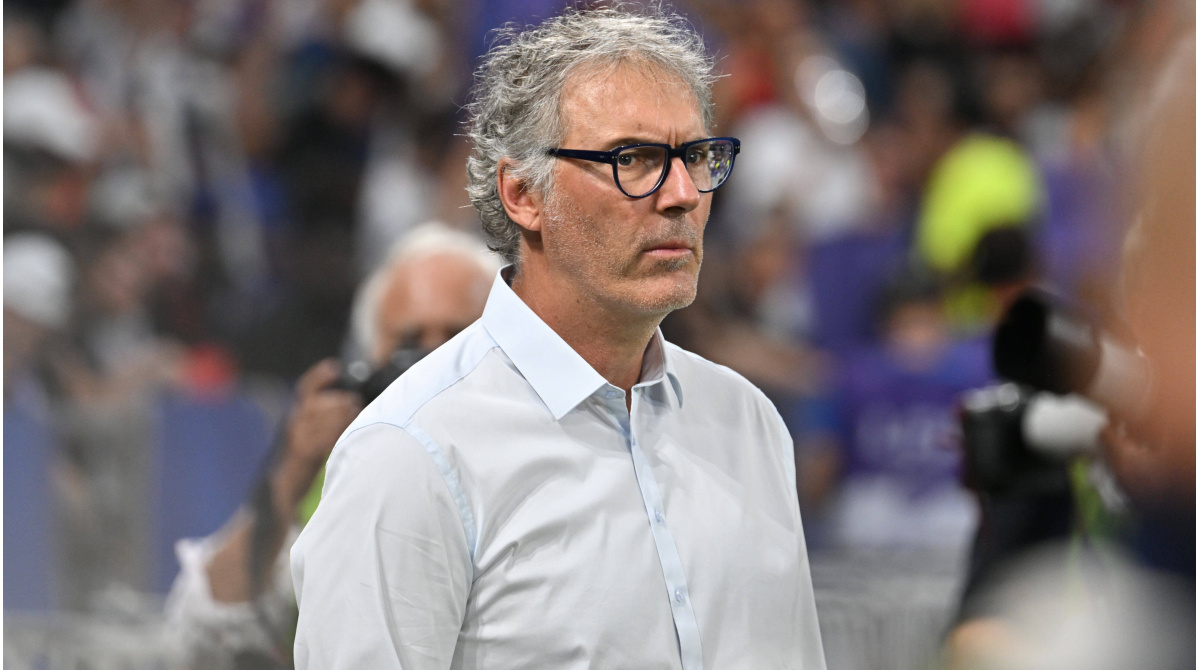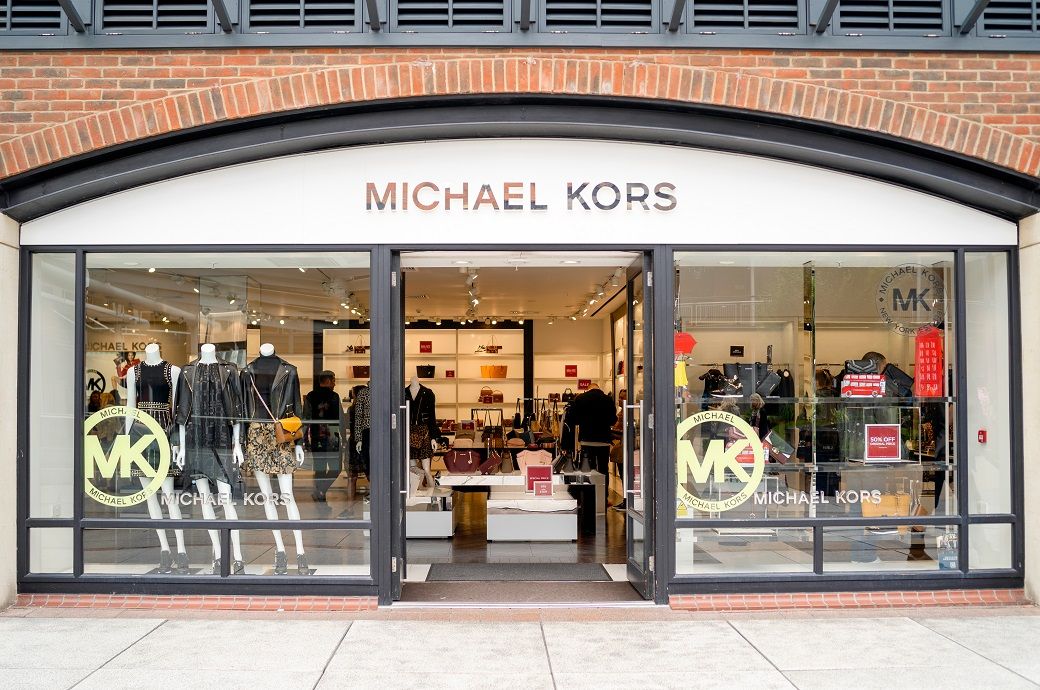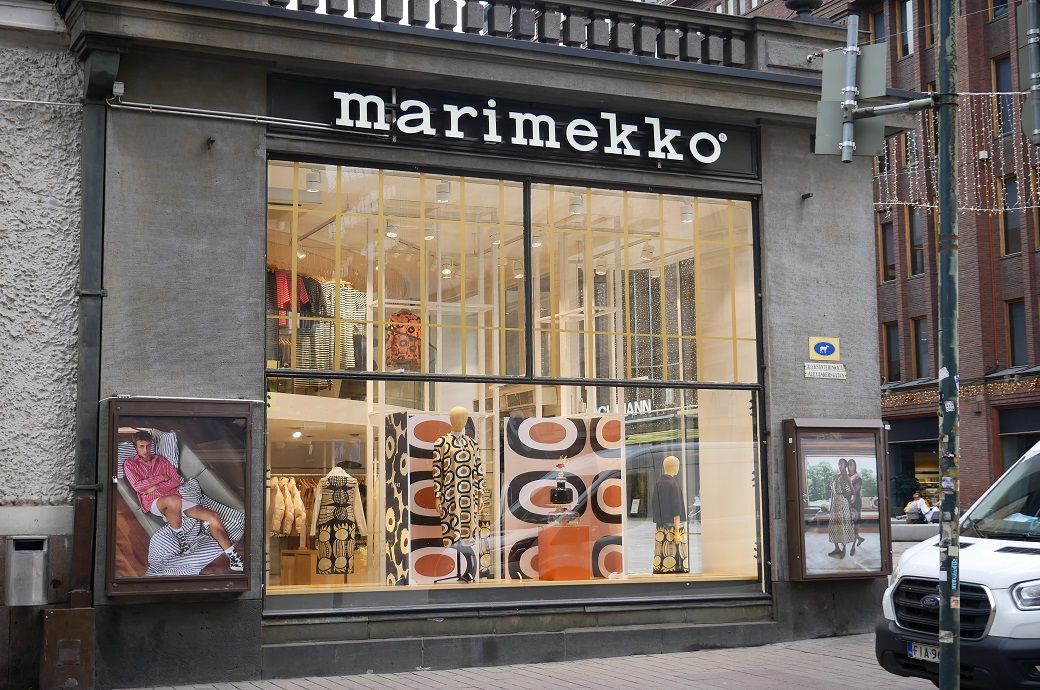Dallas Morning News shareholders vote to deny the hedge fund Alden Global Capital

How about some good news? Could you use some good news today?
A newspaper transaction doesn’t always have to go horribly. The worst possible outcome isn’t always predestined.
Today, shareholders of DallasNews Corporation, owners of The Dallas Morning News1, voted overwhelmingly to make a lot of money by being acquired by the Hearst Corporation. (Hearst has been generous enough to describe this process as a “merger” rather than an acquisition, but when a company that makes $13 billion a year buys one that makes $125 million a year, it’s hardly a merger of equals.)
At one level, it was an easy decision: A share of DallasNews stock was trading at $4.39 when Hearst offered to buy it this summer; after today’s vote, shareholders will get $16.50 a pop. Few people will turn down a 275% return on investments. But the matter was complicated by Alden Global Capital, a rival chain, making a set of counteroffers that eventually reached $20.00 a share. Accepting that should have been an even easier decision.
But there were two complications. One: Alden Global Capital is well known as the worst possible newspaper owner for anyone who cares about journalism, a hedge fund that has gutted newsroom after newsroom across the country. And two: The fate of DallasNews Corporation would, to a great extent, be up to a single man, not the vox capitalis of the shareholder class. And that one man had no interest in Alden setting his life’s work on fire.
As I’ve written about three times recently, DallasNews has a once-common share structure where there are two classes of stock — one that trades on the open market and one that’s tightly controlled by the family that has long controlled the paper, the descendants of founder G. B. Dealey, he of the plaza. The most important of those descendants is Robert Decherd, who has been the company’s CEO for most of the past five decades. Decherd controls nearly all of the family’s shares, and that meant a sale of DallasNews couldn’t happen without his approval. And Decherd has been consistent that he does not want to feed his life’s work into Alden’s wood chipper:
The internet changed all that. The wreckage in newspapers became such a drag on those conglomerates that they spend the 2000s and 2010s splitting off their TV arms and…figuring out what to do with their print remains. Some sold to bigger chains, figuring they might have the extra capacity to figure out a solution. Some tried their best before selling to a hedge fund. Some, like DallasNews, held out as long as they could, trying to match budget cuts to revenue declines in a way that respected the work of their (usually) fathers and grandfathers. The number of major newspapers still controlled by the multi-generational families these two-class structured supported has dwindled. The Sulzbergers of The New York Times don’t have many peers left. Maybe the class of billionaires that’s swept up many important papers over the past decade will spawn new legacies of multi-generational ownership; color me doubtful. Most major papers are now controlled by hedge funds or chains that view them as financial instruments rather than community assets.If all goes according to plan, 140 years of control by G. B. Dealey and his descendants will come to an end tomorrow. If your last name isn’t Murdoch or Sulzberger, the days of family control of publicly traded newspaper companies is over. But as the old model breathes its last, it was able to serve the public interest one final time.
Photo of the State Fair of Texas in Dallas’ Fair Park via Adobe Stock.
- Disclosure: I worked as a reporter at The Dallas Morning News from 2000 to 2007. I don’t own any DallasNews stock.
What's Your Reaction?
 Like
0
Like
0
 Dislike
0
Dislike
0
 Love
0
Love
0
 Funny
0
Funny
0
 Angry
0
Angry
0
 Sad
0
Sad
0
 Wow
0
Wow
0








































































